WC Landscape delivers comprehensive, effective lawn pest control services in Centreville, VA, designed to eliminate harmful insects while preserving your lawn's health and beauty. Our integrated pest management approach targets destructive pests like grubs, chinch bugs, armyworms, and sod webworms that can devastate Northern Virginia lawns within days. Using environmentally responsible treatment methods, our licensed technicians identify pest problems at their earliest stages and implement strategic solutions that protect your grass, soil, and surrounding landscape.
We serve homeowners, businesses, and HOA communities throughout Centreville with customized pest control programs that address the unique challenges of our region's climate and soil conditions. WC Landscape combines 40+ years of local experience with advanced pest control technologies to defend your turf against both surface-feeding and root-damaging insects year-round. Whether you're battling an active infestation or seeking preventative protection, our lawn pest control services safeguard your investment while promoting sustainable lawn health that enhances your property's appearance and value.
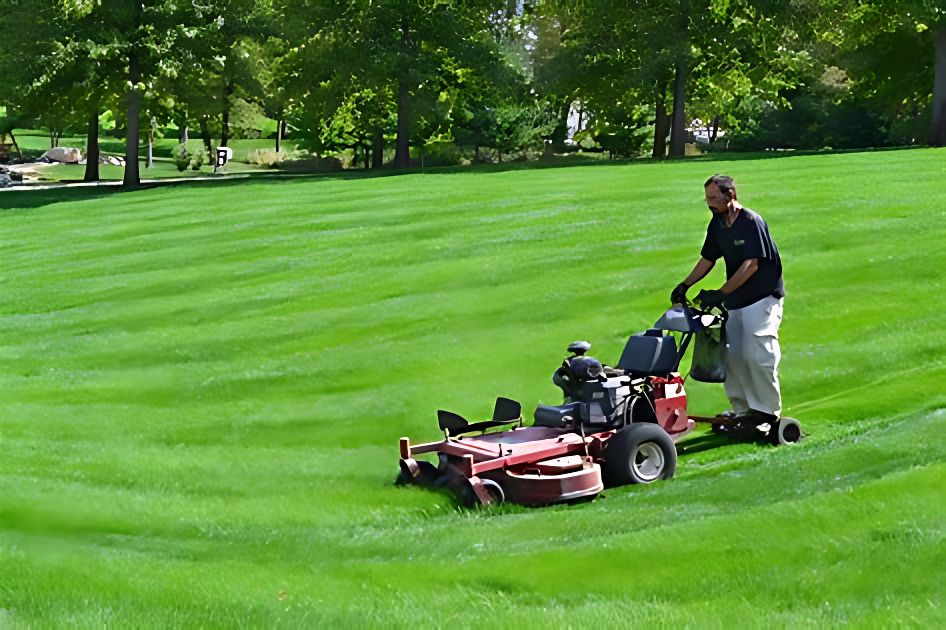
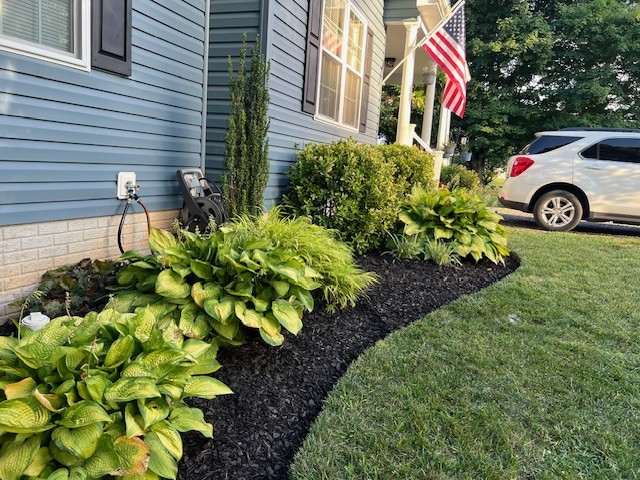
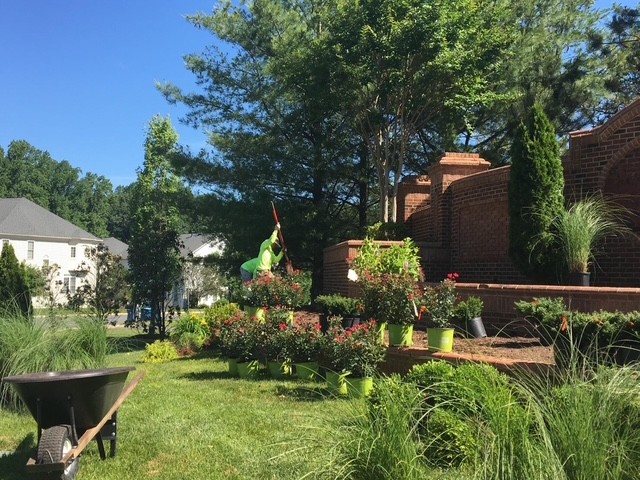
Before implementing any treatment plan, our lawn care specialists perform thorough inspections to accurately identify pest species and assess damage levels. This critical diagnostic step ensures targeted, effective treatment rather than wasteful blanket applications.
Our professional lawn pest identification services include:
Many Centreville neighborhoods, especially those in areas like Virginia Run, Centre Ridge, and Little Rocky Run, experience different pest pressures based on soil types, irrigation practices, and surrounding vegetation. Our identification process accounts for these local variables, ensuring your treatment plan addresses the specific pests threatening your property.
With over 40 years of combined experience, our lawn pest management team understands the unique insect challenges faced by Centreville properties. We've tracked the emergence patterns, behavior changes, and treatment responses of local pest populations across multiple decades, developing specialized knowledge that general lawn services simply can't match.
Unlike companies that rely solely on chemical treatments, WC Landscape practices true Integrated Pest Management (IPM), a sustainable approach that combines multiple control strategies:
WC Landscape's pest management team holds all required Virginia licenses and certifications for lawn pest control applications. Our technicians undergo:
Unlike pest-only services, WC Landscape approaches pest control as part of a comprehensive lawn health program. Our integrated approach includes:
White grubs—the larvae of Japanese beetles, May/June beetles, and other scarab beetles—are Centreville's most destructive underground lawn pests. Our specialized grub management program includes:
Our approach targets multiple grub species with different life cycles, providing comprehensive protection against these root-destroying pests that can quickly kill large lawn areas.
We begin with a thorough evaluation of your Centreville property, assessing:
This detailed assessment allows us to create a customized pest management plan specific to your property's needs.
With a team of 50 skilled professionals and over 40 years of combined experience, we deliver high-quality, customized landscaping solutions designed to improve both the beauty and functionality of your property.
White grubs represent the larval stage of several beetle species and are Centreville's most destructive lawn pests:
Chinch bug damage is often mistaken for drought stress, leading to delayed treatment and extensive turf loss. Professional identification is crucial for effective management.
These caterpillars can cause significant damage to Centreville lawns during summer months:
Sod webworm damage accelerates during drought conditions and can destroy newly established lawns particularly quickly.
Increasingly problematic in Centreville, these aggressive caterpillars can destroy lawns within days:
This comprehensive removal eliminates the disposal challenges that often complicate DIY leaf management for Centreville homeowners.
Spring marks the beginning of insect activity and provides critical prevention opportunities:
Professional spring pest control establishes protection before damage occurs, preventing the population explosions that lead to major lawn damage later in the season.
Summer brings peak pest activity and requires vigilant management:
WC Landscape's summer pest management programs help Centreville homeowners maintain healthy lawns despite intense pest pressure, with emergency response capabilities for sudden outbreaks.
Fall presents unique pest challenges and preparation opportunities:
Professional fall pest control services help Centreville homeowners repair summer damage while preventing overwinter survival of problem insects.
WC Landscape uses the winter months to analyze, plan, and prepare for comprehensive pest protection that begins at the first signs of spring activity.
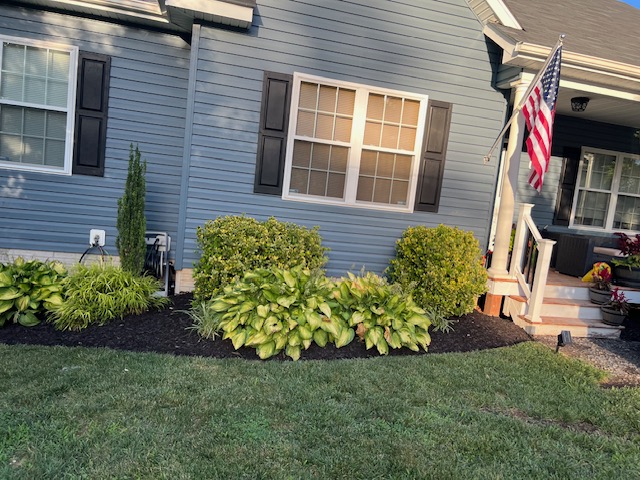
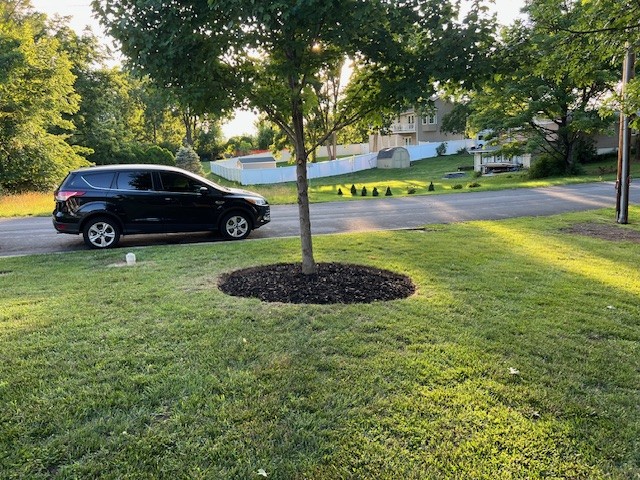

Distinguishing between pest damage and environmental stress requires careful observation:
WC Landscape offers free diagnostic visits for Centreville homeowners concerned about potential pest damage, with expert technicians who can quickly determine the true cause of lawn problems and recommend appropriate solutions.
Effective grub control follows a specific seasonal timeline in Northern Virginia:
WC Landscape recommends preventative grub control for most Centreville properties, especially those with:
Our professional applications are timed precisely to local beetle emergence patterns, ensuring maximum effectiveness.
Safety is our highest priority when delivering pest control services:
Product Selection Considerations:
WC Landscape follows all label requirements and industry best practices to ensure treatments protect your lawn while keeping your family safe. We're happy to discuss specific products and safety protocols during your consultation.
The number of treatments depends on pest species, lawn conditions, and program objectives:
WC Landscape designs customized treatment programs based on your property's specific needs, pest history, and risk factors, ensuring efficient and effective protection without unnecessary applications.
Modern pest management balances effective control with environmental responsibility:
WC Landscape's Integrated Pest Management approach minimizes environmental impact while effectively controlling damaging pests, maintaining the ecological balance that contributes to long-term lawn health.